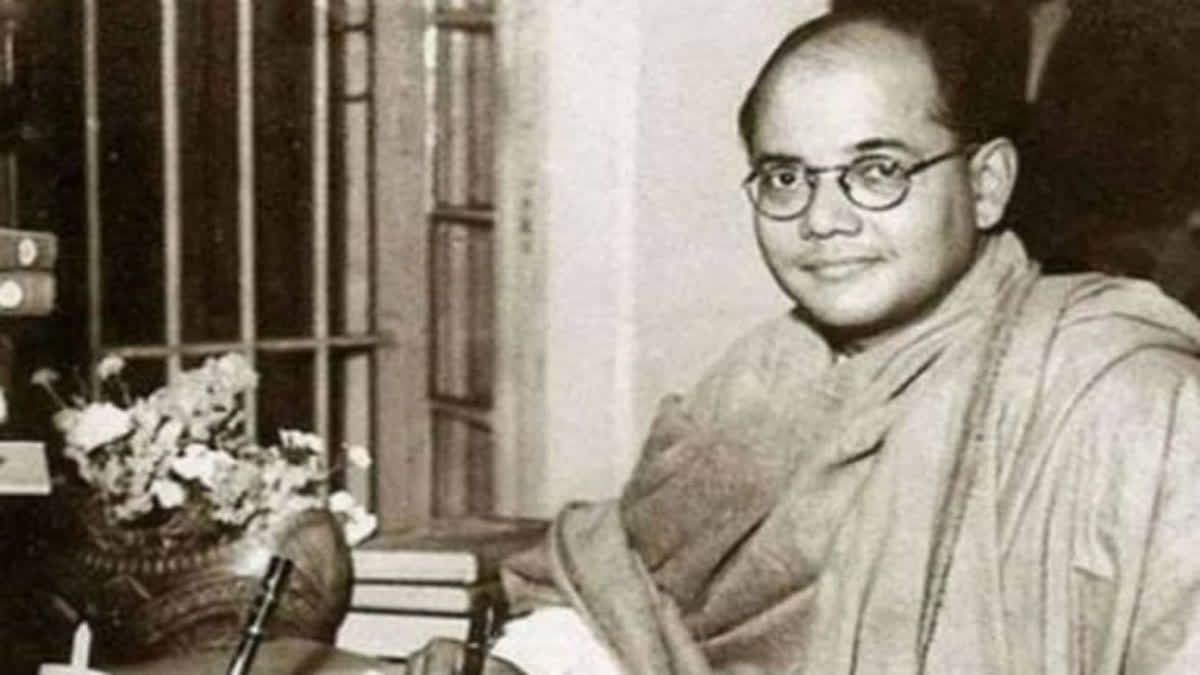Kolkata: Admiral Arun Prakash has said at the end of World War II, the spirit of the INA had permeated into the consciousness of the regular Indian armed forces, forcing the British to realise that it would be difficult to continue to rule India. The former Naval chief, who was here on Saturday to deliver the Sarat Chandra Bose Lecture' described Subhas Chandra Bose, also referred to as Netaji, as a military icon with a strategic vision, who had planned a liberation war from two sides of the Indian subcontinent.
The British ruled their Indian empire through Indians and the Indian army. Once the writing was on the wall that the Indian soldiers had developed nationalistic leanings (as a result of the INA movement), the harsh truth dawned on the British that they could no longer rule and it was time to go, Prakash, also the former chairman of the chiefs of staff committee, told PTI. The Admiral also quoted Gen Wavell, the then Viceroy of India who had written that it was no use shutting one's eye to the fact that any Indian soldier worth his salt had turned into a nationalist.
Supporting Admiral Prakash's statement, Sugata Bose, Gardiner Professor of History at Harvard University and grandnephew of Bose, said that Netaji noticed that the Indian soldiers had been kept insulated by the British Raj from the swirling currents of nationalism and worked to ensure that the loyalty of the sepoy was won towards the nationalistic cause, thus shaking the British grip over India. The spirit of the INA movement was so strong in the imagination of the Indian masses and soldiery, that even Gen Cariappa, who later became independent India's first Indian to be army chief, visited Netaji's brother Sarat Bose at his residence in Kolkata.
Also read: G-20 summit: Indian street food, millets on world leaders' platter
Admiral Prakash also pointed out that the first nationalistic army raised by Bose was the Indian legion in Germany from soldiers captured from the North African front, and his declared aim for this brigade strength legion had been for a land or sea invasion from the west.
He indicated that Bose had even mooted the idea of parachuting them into the North West Frontier province as the INA, which was raised in Southeast Asia, and Japanese forces drove in from Manipur and Kohima into eastern India.
The former Naval chief pointed out that though the Indian armed forces post-independence had accepted the INA slogan Jai Hind' and song Kadam, Kadam Badhaye Ja' (March onward), it had shied from accepting back INA soldiers or giving them their due place in military history.
However, he said that slowly and maturely the Indian armed forces were now recognizing the INA's role and the place of Netaji as a military icon. (PTI)
Also read: India versus Pakistan Asia Cup 2023: Match called off; both team share points



